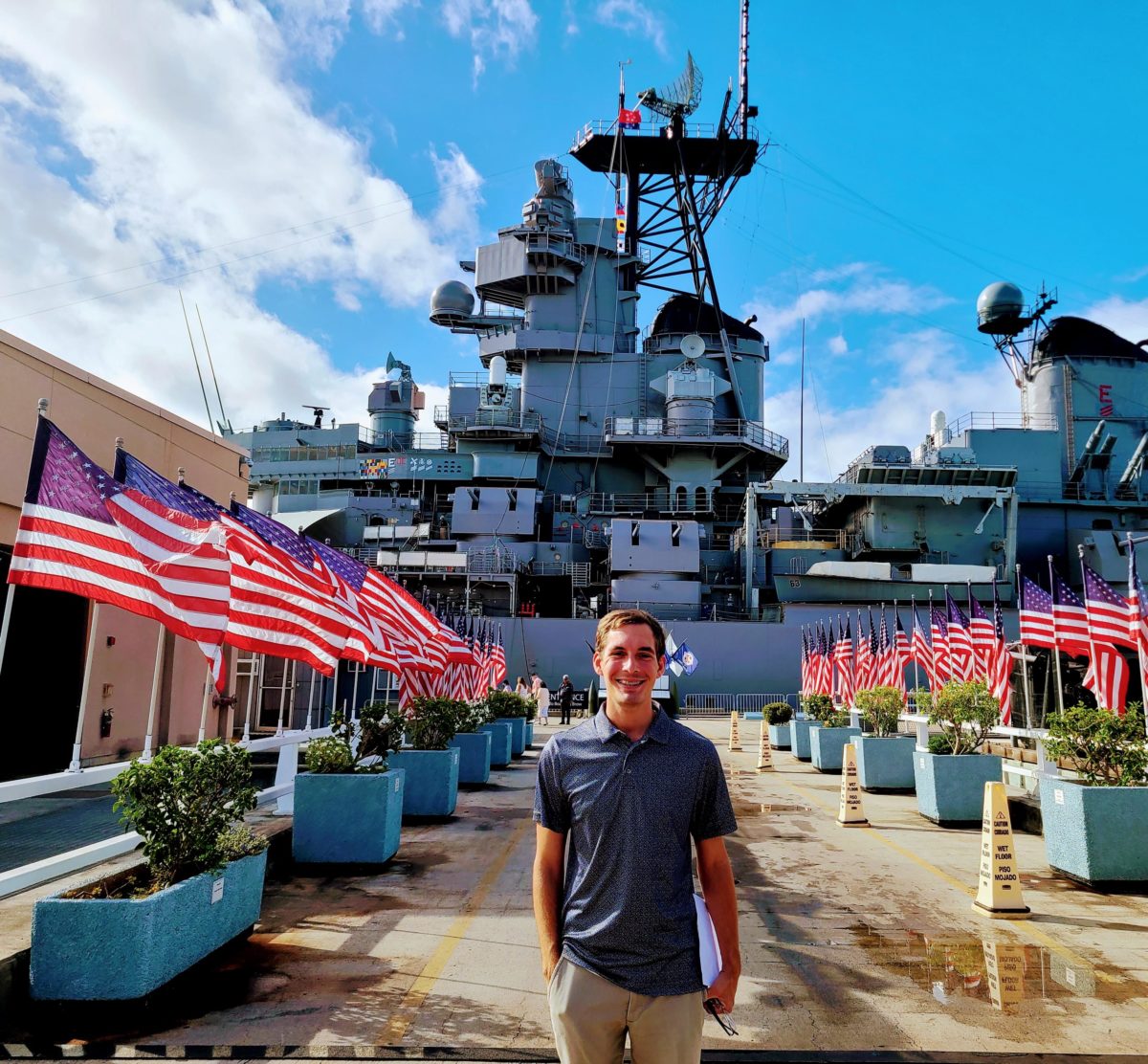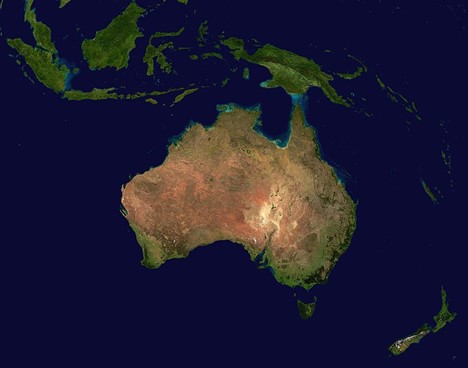This summer, I was extremely lucky to be selected as a graduate fellow with the U.S. Indo-Pacific Command (INDOPACOM)’s Student Volunteer Fellowship program, based out of Camp Smith in Honolulu, Hawaii. I was there for about 10 weeks, and the time flew by. In terms of my day-to-day activities, I worked a lot on science and technology (S&T) issues, examining what our adversaries are doing, and how the U.S. can work with our allies to respond. There was a lot of technical language, readings, some cool briefings, and (a lot of) acronyms—to be expected with any DoD position!
Overall though, it was almost everything I hoped it would be. I already have a lot of in-region experience—I did a fellowship program in Japan, and recently got back from working in China and Thailand. However, what I have been looking for is an opportunity to take these personal experiences and place them within a national security context. In particular, it has been fascinating seeing how my colleagues’ S&T expertise is essential for understanding issues like technological threat gaps. At the same time, having an understanding of the social and cultural factors that are driving our adversaries and allies to develop capabilities—or constraining them from doing so—is vital. While I am sad that I finished my fellowship, it has been an amazing opportunity.
Of course, no internship in Hawaii would be complete without taking advantage of all that it has to offer—especially the beach! After work, I have made sure to enjoy the scenery, and on weekends have even gone hiking and snorkeling. In fact, I have enjoyed it so much that I stayed a week after my internship ends to explore some of the other, less-traveled islands.
The cost of living is quite high, so I would recommend that students look for scholarships—I was fortunate enough to receive a stipend that substantially defrayed the cost. Overall, I would highly recommend the INDOPACOM internship program to any Mason student who is interested in the Indo-Pacific. Getting an operationally focused view of the frontlines of U.S. defense policy while still in school was an amazing experience.
Will Nelson is an International Security M.A. student at George Mason University. He works as the Administrative Coordinator for the Anti-Illicit Trade Institute at the Terrorism, Transnational Crime, and Corruption Center with Dr. Louise Shelley and David M. Luna and is a research assistant with the State Department’s Regional China Office, focusing on Chinese Digital Silk Road activities in Southeast Asia. A 2017 graduate of the College of William & Mary with a B.A. in International Relations and minor in economics, his research focuses on intelligence and strategic analysis with an emphasis on the rise of China in the Indo-Pacific and the political structure of authoritarian states. He has lived and worked in China, Japan, Thailand, Spain and Azerbaijan and speaks fluent Chinese, Japanese, Spanish and intermediate French.




